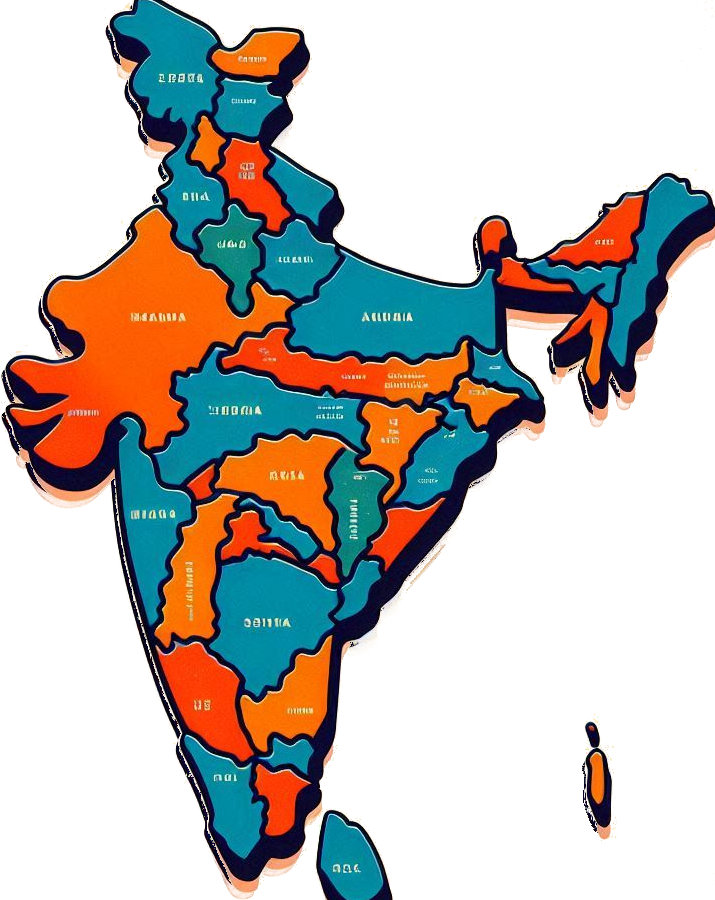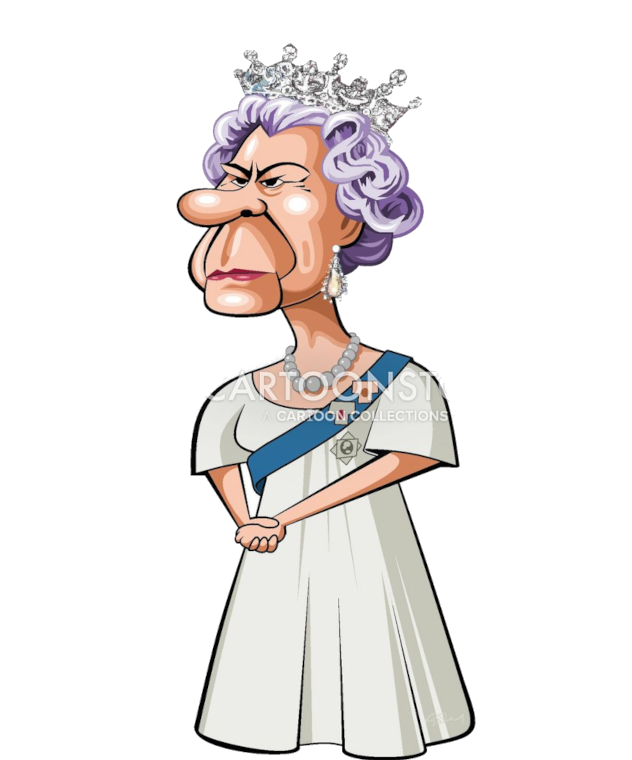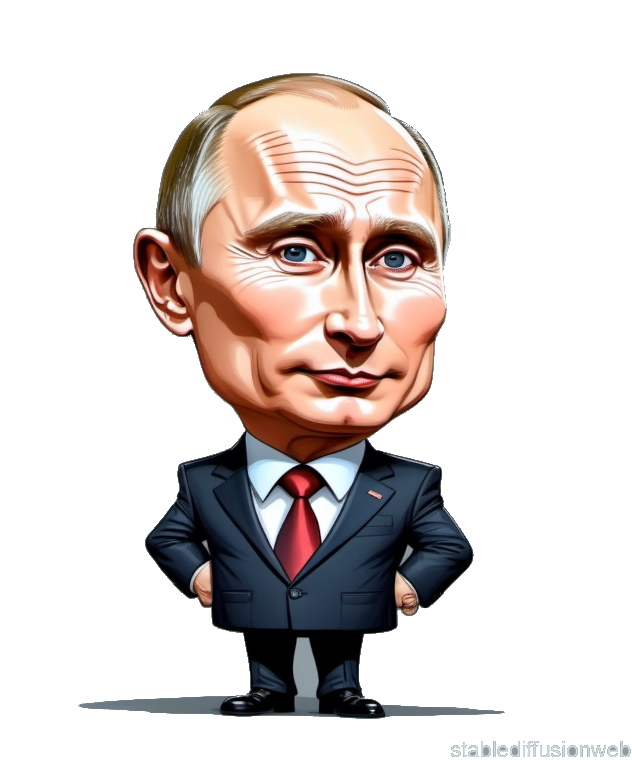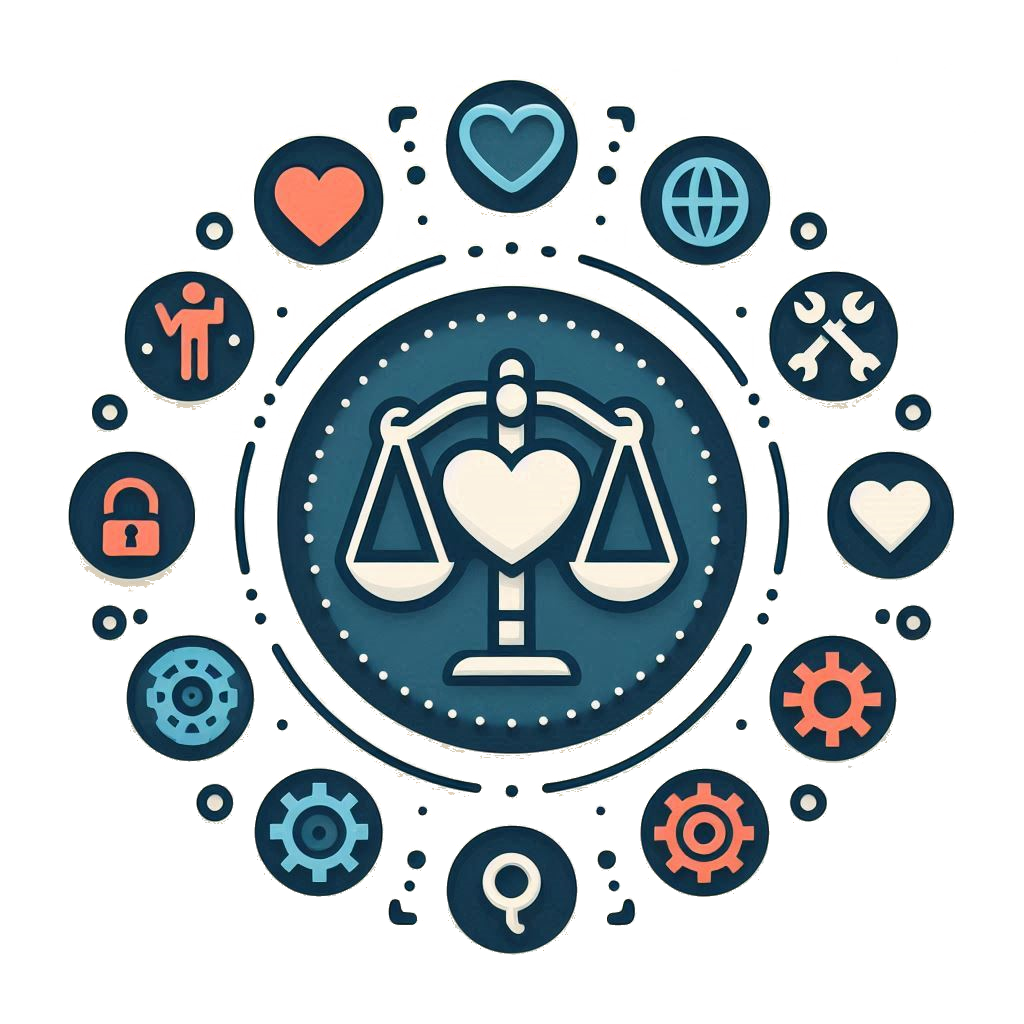

Fact description 1.
Fact description 2.
Fact description 3.
.png)

Picture this: You’ re at a pizza party with friends, and everyone wants different toppings. Democracy is like everyone getting a vote on whether to order a pepperoni pizza, a veggie pizza, or maybe even a pineapple pizza (yes, it’s controversial!). Each vote counts, and the topping with the most votes wins. That’s how it works in a democracy—everyone gets a say, and the most popular choice becomes the new rule.
Think of elections like your favorite game show. Instead of answering trivia questions, you’re choosing who will represent you and your interests. You get to vote for the contestant (candidate) who you believe will make the best decisions for the team (country). If your favorite contestant wins, it’s like hitting the jackpot and getting your dream prize!
In democracy, there are different teams, like the Executive, the Legislature, and the Judiciary, all working together. It’s like having a referee, a coach, and a captain in a sports game. Each has a different role but keeps an eye on each other to make sure no one gets too carried away. The referee (Judiciary) makes sure everyone follows the rules, the coach (Executive) makes decisions, and the captain (Legislature) represents the players’ interests.
Democracy is like a huge party where everyone gets to bring their own music playlist. You can choose to dance to your favorite tunes, and you’re free to share your playlist with others or listen to theirs. Freedom of speech means you can say what’s on your mind (without dancing on toes), and freedom of press means there’s a lot of music reviews and opinions floating around!


A government ruled by a king or queen. It can be absolute (total control) or constitutional (limited by laws).

A dictatorship is ruled by a single leader or a small group with unchecked power. Citizens have limited or no role in decision-making, and dissent is often suppressed.

A communist government is one where a single party that, controls all power. The state owns and manages resources, classless society with equal distribution of wealth.
The judiciary interprets and applies the law, ensuring justice is served fairly and impartially. It operates independently from the executive and legislative branches, resolving disputes and reviewing laws to protect individual rights. By ensuring that legal rules are followed and addressing conflicts, the judiciary maintains social order and upholds constitutional freedoms. Essentially, it acts as the guardian of justice, ensuring everyone adheres to the rules and laws.
Courts interpret laws to ensure they are applied correctly in individual cases. This helps clarify the meaning of laws and their application to real-life.
Whether it’s a disagreement between two individuals, even between the state and citizens, the judiciary resolves these disputes through legal proceedings.
The judiciary safeguards individual rights and liberties by reviewing laws and government actions to ensure they do not violate constitutional principles.
By adjudicating cases and enforcing legal rules, the judiciary helps maintain order in society and ensures justice.

The Supreme Court of India is the highest judicial authority in the country. Established in 1950, it serves as the final court of appeal, ensuring the rule of law is upheld across the nation. The Court's iconic dome symbolizes its paramount role in interpreting the Constitution and delivering justice at the highest level.

High Courts are the principal courts of justice in each state and union territory of India. The Delhi High Court, for example, handles a wide range of civil, criminal, and constitutional cases. These courts play a crucial role in maintaining legal order and addressing significant legal disputes at the state level.

District Courts operate at the grassroots level of the Indian judiciary, handling a variety of civil and criminal cases within their respective districts. These courts are the first point of contact for most people seeking justice and play a vital role in the day-to-day administration of justice

Specialized Courts in India, such as Family Courts and Labor Courts, focus on specific types of cases. Matters like divorce, child custody, and inheritance, Disputes between employers and employees. These courts ensure that specialized issues are addressed by experts in the relevant fields.